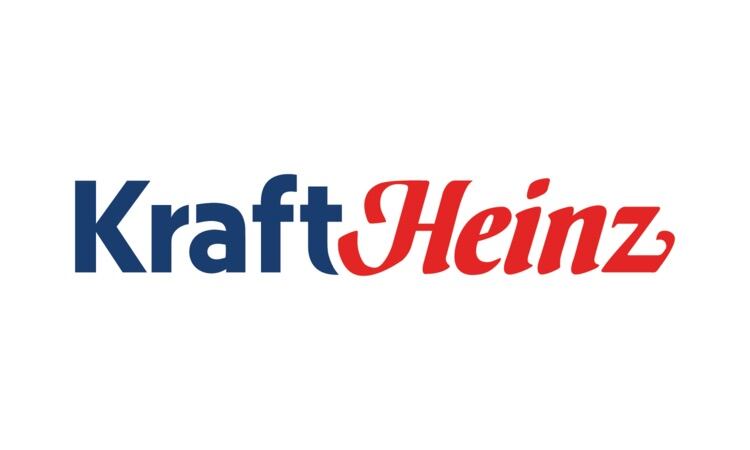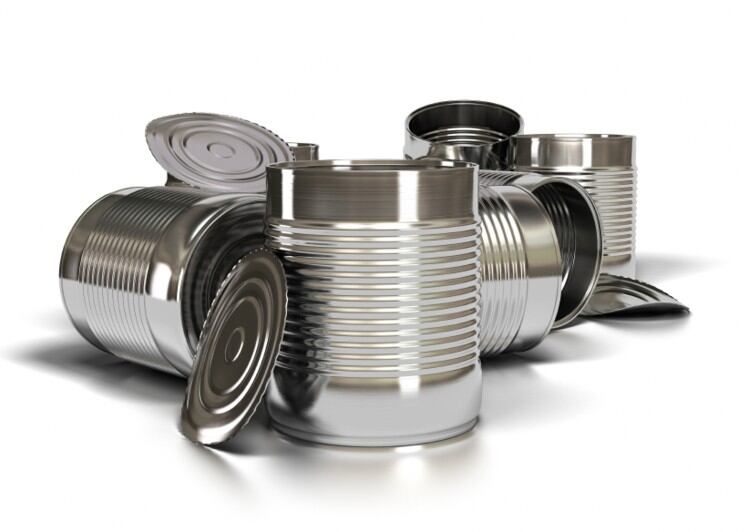Australian Country Choice alleges that Coles, the supermarket major, has broken a contractual commitment not to export its meat, and by doing so it risks damaging the Brisbane-based company’s reputation.
ACC, with more than 270,000 cattle, supplies up to 65% of fresh beef sold at Coles under the Coles Finest, Coles Butcher, Aussie Bites, Coles Grill and Drovers Choice brands.
According to documents lodged with the Queensland Supreme Court, ACC’s contract with the supermarket provides for the exclusive export of all product surplus to Coles’s requirements, including edible meat and offal produced at its Cannon Hill processing plant.
However, it claims that its client began selling its products overseas in February, in breach of its contract. By doing so, ACC says Coles could undermine its award-winning reputation for quality among it’s 30-40 overseas customers if the supermarket chain does not store or transport the meat correctly.
It is concerned that Coles could sell the meat through illegal paths or grey channels in Asia, resulting in the distribution of products labelled with ACC’s registration number being banned in some countries.
Central to the court action is the term “edible meat offal”, which is used in the contract between ACC and Coles.
The meat processor claims this refers to both edible meat and offal, while the supermarket argues that it means just offal, leaving it free to ship other meat overseas.
Last year, Coles launched its own trading company with a focus on exporting wine and other high-end consumables to Asian markets, including China and Hong Kong.
“For most of our 40-year partnership with Coles, the relationship has been a strong and mutually beneficial one,” ACC managing director David Foote said.
“But Coles has repeatedly breached its obligations, failed to act in good faith and taken steps that threaten the very core of our business.”
Foote added that ACC’s relationship with Coles would continue as normal despite the dispute.
More from Down Under...
Kraft snaps up ANZ Cerebos divisions from Suntory
Suntory will sell its Cerebos Food & Instant Coffee business in Australia and New Zealand to the Kraft Heinz Company for A$290m (US$224m).

The deal, however, does not include the Cerebos Fresh Coffee business, which will form part of a new Suntory business unit focused on capturing a bigger share of the rapidly growing global fresh coffee market.
The sale is expected to be completed in the first quarter of 2018, subject to regulatory approvals.
The Cerebos business includes iconic antipodean food brands including Fountain, Gravox, Saxa, Foster Clark’s, Gregg’s, Bisto, Raro and Asian Home Gourmet across a number of categories including sauces, gravies, condiments, desserts and cooking ingredients.
“The transaction provides an exciting opportunity for Kraft Heinz to expand its portfolio into complementary categories, stretching the footprint of Cerebos’ brands into new categories and markets,” said Bruno Lino, chief executive of Kraft Heinz Australia and New Zealand, who will lead the combined business.
Lino’s Cerebos counterpart, Terry Svenson, said its food and instant coffee business division was not a “core focus category” for Suntory, though it “can be maximised under different ownership”.
“In the meantime, the transaction also enables our Fresh Coffee business, to benefit from Suntory’s continued investment and focus on its beverage portfolio,” he said.
Svenson will now remain with the Japanese beverage giant to lead the fresh coffee business. The Kraft deal will not impact Suntory’s other businesses in Australia and New Zealand, he added.
Fsanz judges that chemical migration from packaging poses no health risk
The antipodean food regulator has judged that dietary exposure to packaging chemicals migrating into food does not pose any risk to human health after conducting tests on over 1,300 food contact substance.

It undertook the three-year project to assess whether there were any unmanaged risks amid rising concerns over food safety relative to packaging.
As a result, it will not insert a detailed food packaging standard in the Australia New Zealand Food Standards Code.
“After a thorough safety assessment involving targeted and public consultation, a number of surveys and a dietary exposure assessment, Fsanz has determined that estimated dietary exposure to these chemicals is low and not of concern for human health,” the regulator reported.
“Our initial assessment did not identify any public health and safety concerns for 28 of the 30 chemicals. There were no detections for half of the chemicals and detections at low levels (parts per million or part per billion) for the rest of the chemicals,” it added.
Two phthalates that raised concerns, di(2-ethylhexyl) phthalate (DEHP) and diisononyl phthalate (DINP), will be investigated further, as will five other plasticisers.
Meanwhile, Fsanz has called for submissions on an application to include a method of analysis for resistant starch as a fibre in the Food Standards Code.
Naturally present in starchy foods including cereals, corn, legumes, fruits and vegetables, it resists digestion when consumed by healthy individuals.
Chief executive Mark Booth said the proposed prescribed method of analysis for resistant starch, which is required for nutrition labelling, is already in use internationally.
“Including an agreed method for resistant starch in the code will provide clarity and certainty to the food industry and enforcement bodies alike and help underpin consumer confidence,” he added.
Following the public consultation, Fsanz will then notify ministers with a view that the standard should become law.
Submissions will close on December 4.
